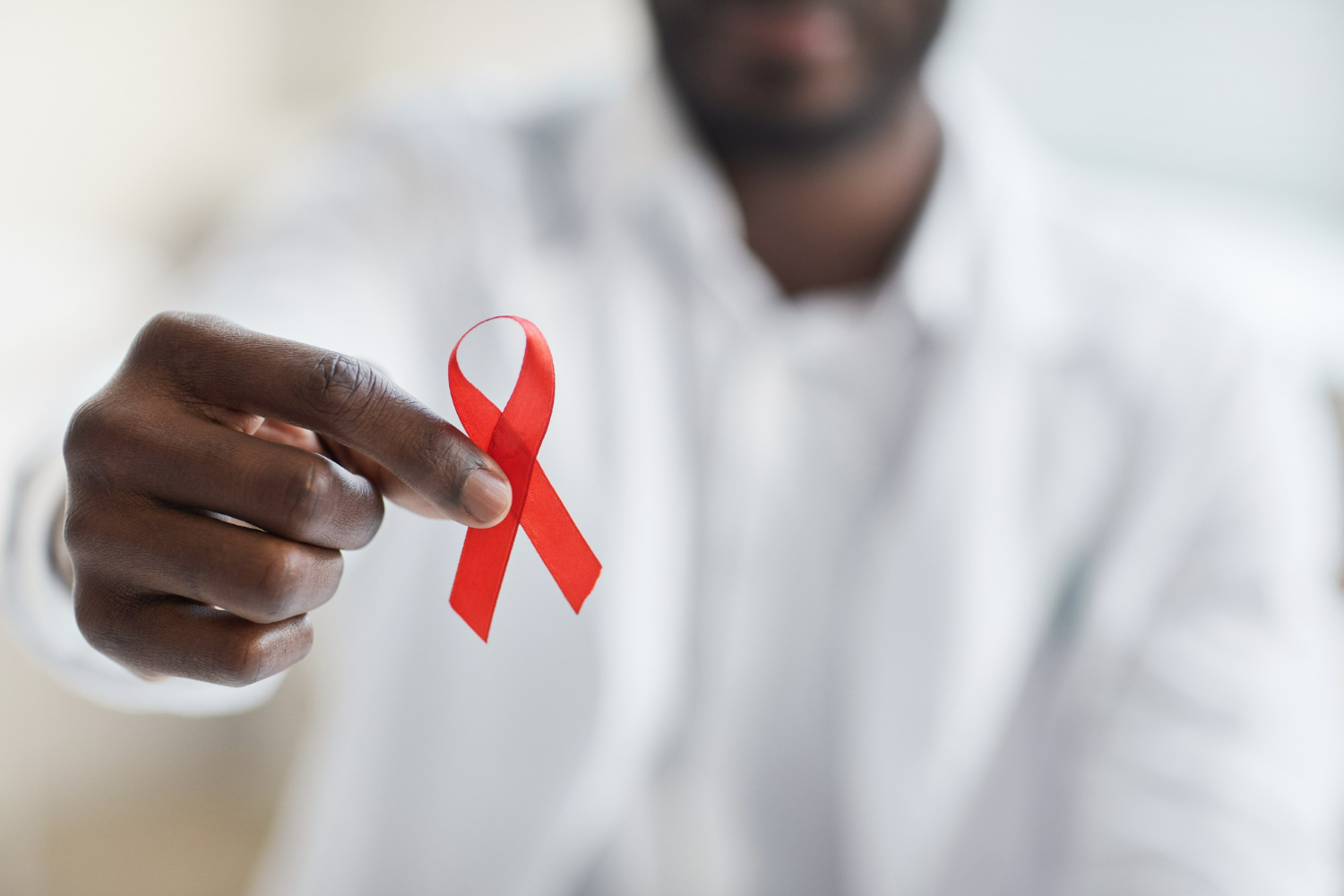It’s unimaginable that receiving an HIV diagnosis could be something to be grateful for but Alameda Health System (AHS) patient John (name changed to protect patient privacy) believes it not only saved his life, it gave him the wake-up call he needed to start making better and healthier lifestyle choices.
“I was 28 years old and going down the wrong path in life,” the Oakland native shared. “I remember it like it was yesterday. I was going through the orientation and intake process at San Quentin State Prison when they told me I tested positive for HIV.”
John shared he was in a complete state of shock and was convinced his life was over. “It was terrifying,” said John. It wasn’t until he was released 18 months later and visited the Highland Wellness clinic that he began to have hope. “It’s a wonderful place. The doctors and the staff were warm and welcoming and went above and beyond to get to know me and my story,” said John. “I found a community, a safe place where I never felt judged for having HIV.”
AHS has two clinics that provide primary care, integrated behavioral health, specialty pharmacy services and medical case management for people living with HIV at Highland Wellness and Hayward Wellness. “We provide patient centered, compassionate and a sense of family for all of our patients,” said Sunny Lai, MD, and associate medical director of the adult immunology clinic at Highland Wellness.
It’s that sense of family and direct connection with Dr. Lai that John credits with his progress and staying on top of his health. “Dr. Lai is amazing and we have a great partnership,” he said. “She supports my journey, encourages me to participate in my own health and she holds me accountable,” he said.
While significant progress has been made to reduce HIV in the Black community, racism, discrimination, and mistrust in the health care system may impact whether Black people seek or receive HIV prevention services and can lead to a reduction in accessing HIV treatment and care.
In addition, John points to the HIV/AIDS stigma found in the African American community that can prevent individuals from getting tested, seeking treatment or sharing their status with family and friends. “I was very lucky that my family fully supported me when I shared my status,” he said. “I’ve heard horror stories about Black men and women being disowned and kicked out of their family homes because they are HIV positive. In the Black community, we cannot afford to let stigma get in the way because there’s too much at stake.”
African Americans are disproportionately affected by HIV and account for 43% of all new HIV diagnoses according to the Centers for Disease Control and Prevention (CDC). In addition, one in seven African Americans living with HIV are unaware of their diagnosis and without knowing they have HIV they cannot take advantage of available treatment to maintain their health and prevent them from unknowingly transmitting the virus to others.
Today, John’s HIV is well-controlled, he’s happily married and a doting grandfather of three. He is grateful for his health and the lessons he’s learned along the way. He’s also on a mission to help others. “If I have any advice for others living with HIV, it’s to listen to your doctor, be vigilant with your medication and most importantly, educate yourself and others to help eliminate fear and stigma.” He shared.
Learn more about HIV, how it’s transmitted and how you can protect yourself and others on the CDC website.


